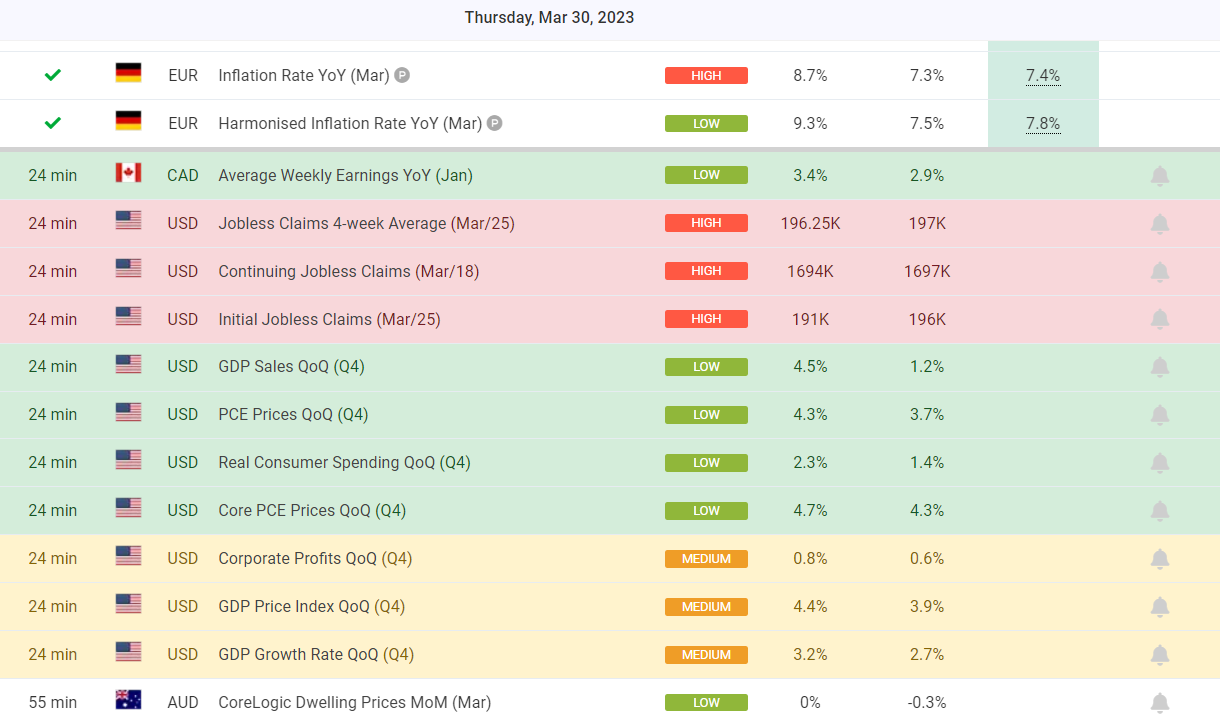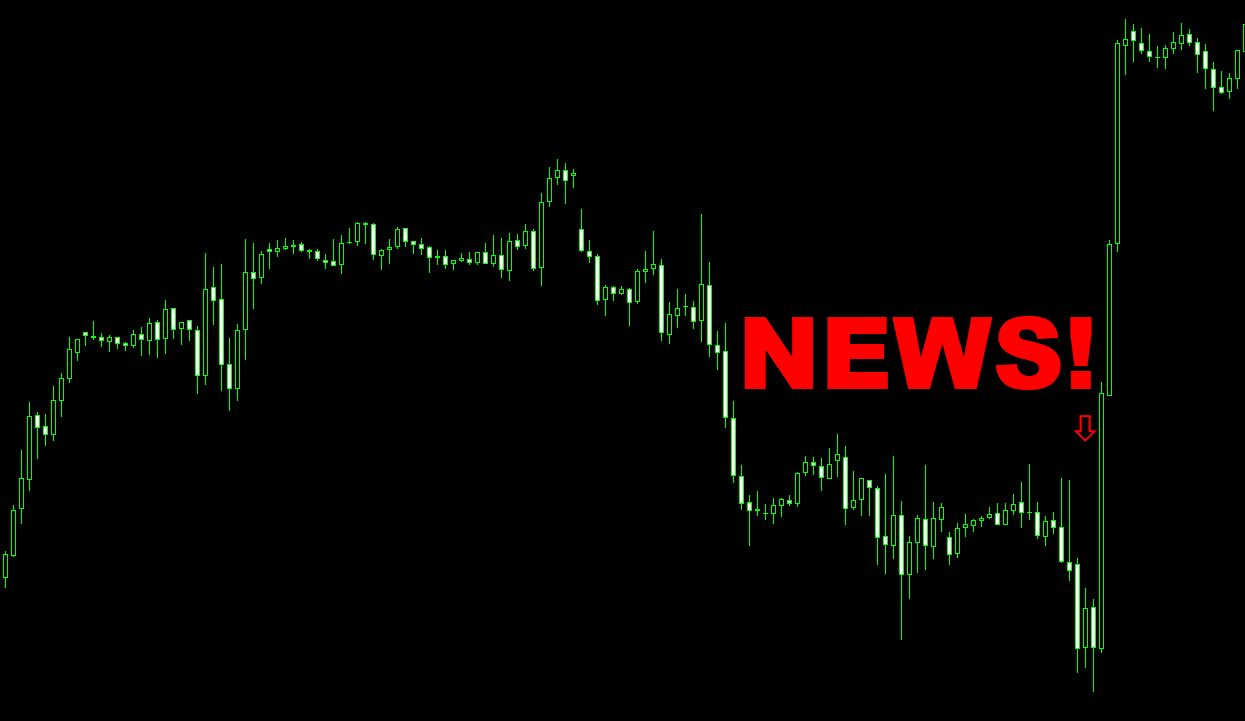Emotional control is a critical component of successful forex trading. Unchecked emotions, such as fear, greed, and overconfidence, can lead to irrational decision-making and negatively impact your trading performance. Mastering your emotions and cultivating a disciplined mindset is crucial for achieving long-term success in the forex market.
This comprehensive guide explores the importance of controlling emotions in forex trading and provides practical tips and strategies to help you conquer your trading psychology.
1. Understanding the Role of Emotions in Forex Trading
Emotions play a significant role in shaping your trading decisions and can dramatically influence your success or failure in the forex market. Common emotions experienced by forex traders include:
- Fear: The fear of losing money can cause traders to exit positions prematurely or hesitate to enter new trades, potentially missing out on profitable opportunities.
- Greed: Driven by the desire for quick profits, traders can become reckless, overleveraging their positions or holding onto trades for too long.
- Overconfidence: Excessive self-confidence can lead traders to underestimate the risks involved in trading and make impulsive decisions without proper analysis.
- Regret: Dwelling on past mistakes or missed opportunities can negatively impact future decision-making and cloud judgment.
To achieve long-term success in forex trading, it’s essential to recognize the impact of emotions on your trading decisions and develop strategies to manage them effectively.
2. Cultivating a Disciplined Trading Mindset
Developing a disciplined mindset is the cornerstone of emotional control in forex trading. Traders with a disciplined approach make objective decisions based on sound analysis and adhere to a well-defined trading plan. To cultivate a disciplined trading mindset, consider the following tips:
- Develop a solid trading plan: A comprehensive trading plan outlines your trading goals, risk tolerance, strategies, and management techniques. Having a well-defined plan can help you stay focused and make objective decisions, minimizing the influence of emotions on your trades.
- Set realistic expectations: Understand that losses are an inevitable part of trading, and it’s crucial to manage them effectively. Set realistic profit targets and be prepared to accept losses as part of the learning process.
- Practice patience: Avoid the urge to jump into trades impulsively. Wait for high-probability setups that align with your trading strategy and resist the temptation to overtrade.
- Keep a trading journal: Documenting your trades, including entry and exit points, rationale, emotions, and outcomes, can help you identify patterns and improve your decision-making process over time.
3. Techniques for Managing Emotions in Forex Trading
Effectively managing your emotions in forex trading requires continuous practice and self-awareness. Implementing the following techniques can help you keep your emotions in check and maintain a disciplined approach to trading:
- Develop a pre-trade routine: Establishing a consistent pre-trade routine can help you mentally prepare for the trading session, maintain focus, and minimize emotional interference. This may include activities such as reviewing your trading plan, setting daily goals, or engaging in relaxation techniques like meditation or deep breathing exercises.
- Implement risk management strategies: Proper risk management is critical for maintaining emotional control in forex trading. This includes using appropriate position sizing, setting stop-loss orders, and maintaining a favorable risk-reward ratio. By limiting potential losses, you can reduce the emotional impact of individual trades.
- Take breaks and maintain work-life balance: Regular breaks can help prevent emotional exhaustion and burnout. Step away from your trading station periodically, and engage in activities that promote relaxation and well-being. Maintaining a healthy work-life balance is essential for long-term success in forex trading.
- Monitor your emotional state: Continuously assess your emotional state during trading sessions. If you notice emotions beginning to influence your decisions, take a step back and refocus before proceeding. Recognize when you are not in the right mindset for trading and avoid making decisions based on emotions.
- Learn from your mistakes: Analyzing your mistakes and understanding the emotional factors that contributed to them is crucial for improvement. Use your trading journal to identify recurring emotional patterns and develop strategies to address them.
- Surround yourself with a supportive community: Interacting with other traders, sharing experiences, and learning from their insights can help you better manage your emotions in forex trading. Join online forums, social media groups, or attend local trading meetups to connect with like-minded individuals.
4. The Importance of Emotional Control in Forex Trading
Mastering your emotions in forex trading is crucial for several reasons:
- Improved decision-making: Emotionally-driven decisions can lead to impulsive trades, poor risk management, and deviations from your trading plan. By maintaining emotional control, you can make more objective, well-informed decisions based on thorough analysis.
- Enhanced consistency: Emotional trading often results in erratic performance, with traders experiencing dramatic swings in profitability. Developing emotional control promotes consistency in your trading approach, improving your chances of long-term success.
- Increased resilience: By learning to cope with losses and setbacks, emotionally disciplined traders can maintain their composure and adapt to changing market conditions more effectively.
- Reduced stress and burnout: Emotional trading can be mentally exhausting and lead to increased stress and burnout. Cultivating emotional control helps you maintain a healthier mindset and enjoy a more sustainable trading career.
Conclusion
Controlling your emotions in forex trading is a critical aspect of achieving long-term success in the market. By recognizing the impact of emotions on your trading decisions, cultivating a disciplined mindset, and implementing practical techniques to manage your emotions, you can greatly improve your trading performance and overall well-being.
Remember that mastering your emotions is an ongoing process, requiring continuous practice and self-awareness. As you progress in your forex trading journey, strive to develop emotional resilience and maintain a disciplined approach, laying the foundation for a rewarding and successful trading career.



